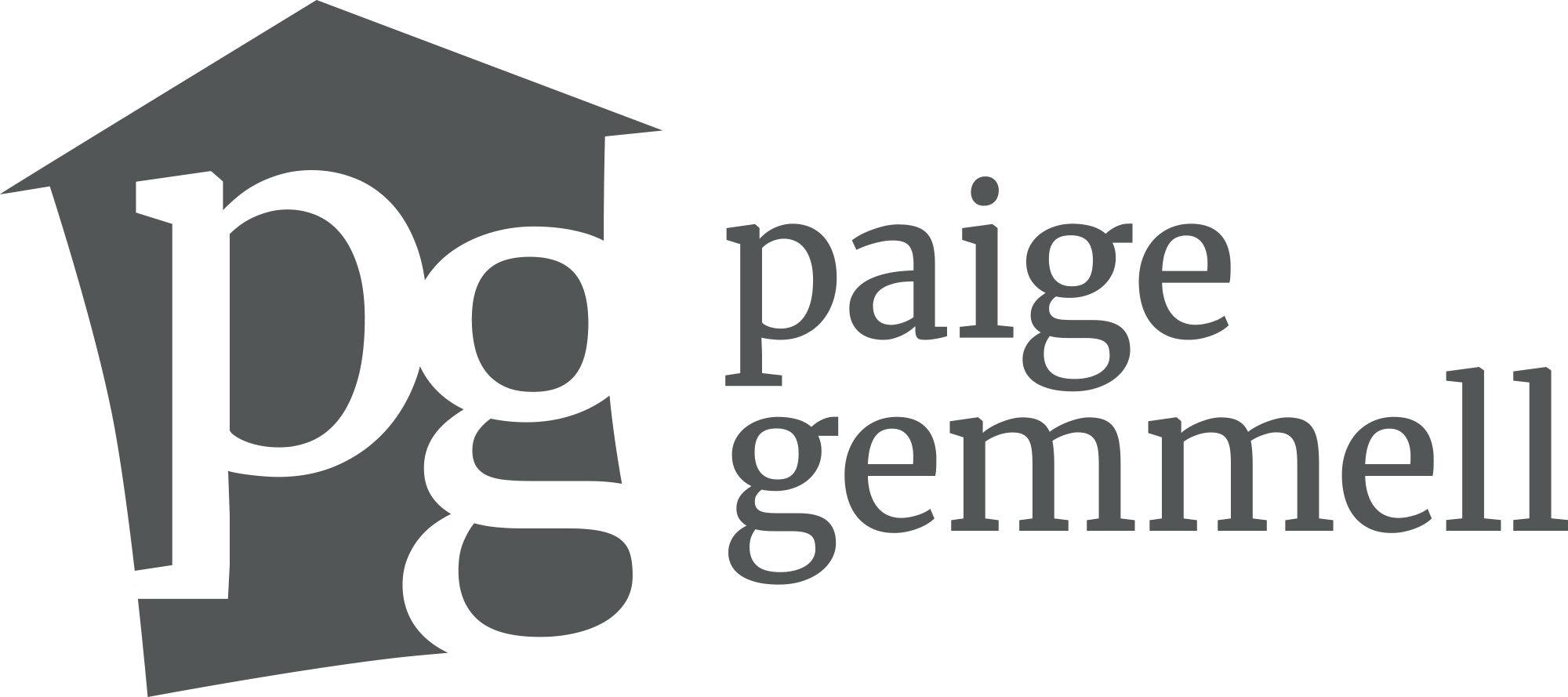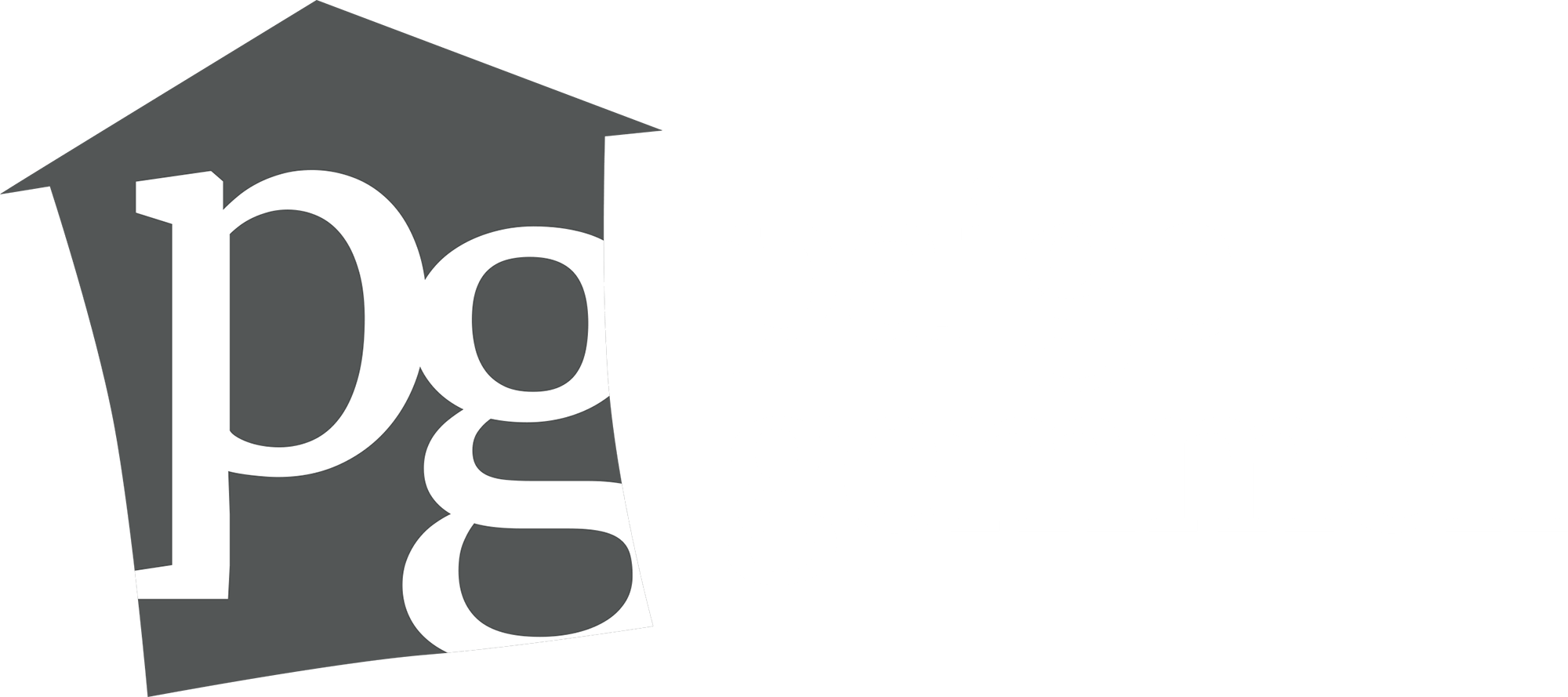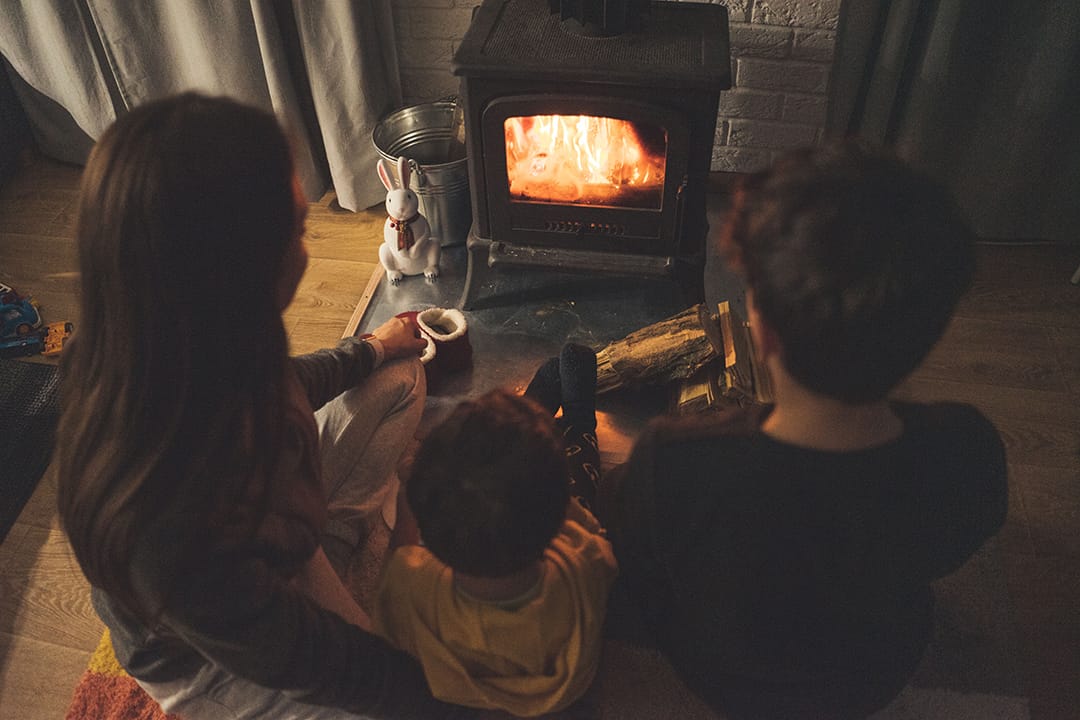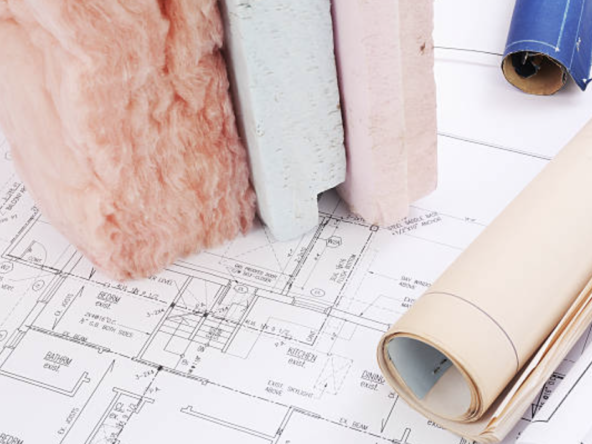A dry home is a healthy home. Plus, when your home is dry it is easier to heat, which means it’s a more comfortable place to live. It can also save you money on your power bill since your heaters won’t have to work so hard to keep you nice and cosy.
Follow these 5 simple tips to keep your home dry, warm and healthy:
Don’t fall for all the shiny things
When you start looking at properties to buy, it’s easy to get attracted to beautifully renovated homes while ignoring properties that are in need of some TLC.
When searching for the right property, focus on the critical features like sun-aspect, access and value, rather than cosmetic ‘nice-to-haves’ like new kitchens and bathrooms. At the end of the day, you can change everything about a home except where it is.
Try to avoid getting scared off by a builders report
When you have just fallen in love with a home it can be hard to see past a building inspection report filled with expensive maintenance issues.
Keep in mind that building inspectors are hired to find all the problems with a home, rather than highlighting the positives. Before discounting any property because of its builder’s report, try to quantify the potential expense involved and how soon that work needs to be done. Ask whether the level of maintenance required is common for a home of that age, in that location.
It’s extremely rare to find a perfect home and many buyers pull out of a purchase because of a less-than-stellar builders report, only to find that every home they look at needs work.
Don’t skimp on good advice
In a competitive market, it can be tempting to skip the due diligence (research) process to save money and make your offer more attractive.
While many properties look straightforward and problem-free, it’s hard to know for sure without talking to the experts before going ahead.
When you are spending hundreds of thousands (or millions) of dollars, it’s critical to get expert advice to help you make informed decisions. Paying for a building inspection report, a local council check and a thorough search by your lawyer (and any other expert advice you need) is an investment, not a cost.
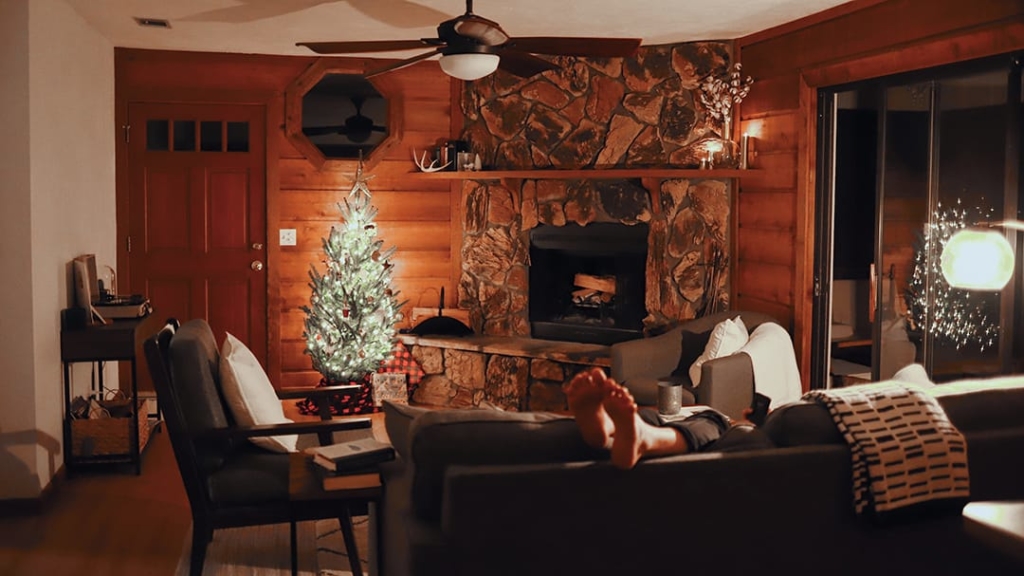
Avoid buying on the rebound
No one likes missing out. So the first time you come second to another buyer it’s tempting to go out and buy the very next home you see, just to try and erase the disappointment of losing your dream home.
Buying a home shouldn’t be rushed. If you do miss out, take a few days off from looking to give yourself time to recover before you start pounding the pavement again. There are plenty of other houses out there, and another one you love will come along soon enough.
Buying without learning the market first
It takes real estate professionals years to get a thorough understanding of their local market, especially when it comes to judging value. Try to look at as many houses as you can before you make your first offer and spend time studying local sales. Ask lots of questions at open homes and follow up with salespeople to find out what those houses sell for (and how many offers they attract).
The more information you gather, the better placed you will be to make smart real estate decisions.
Thanks!
Paige
